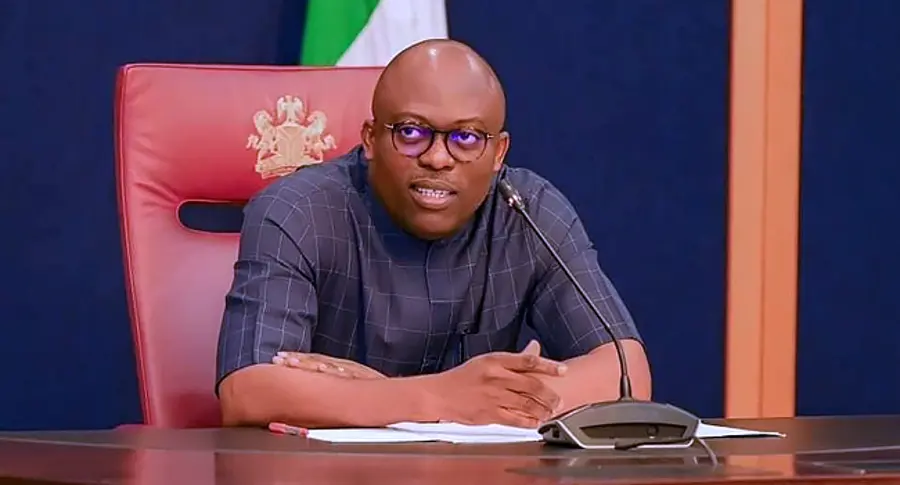

More in Politics
-


Politics
APGA Endorses Tinubu for 2027 Presidential Race.
The All Progressives Grand Alliance (APGA) has formally endorsed President Bola Tinubu as its preferred candidate...
-


Politics
Labour Party Shakes Leadership: Abure, Farouk Suspended Over Financial Misconduct, NWC Dissolved.
In a dramatic shake-up within the Labour Party, the National Executive Council (NEC) has suspended former...
-


Politics
Otti Dismisses Suspension by Abure Faction as Desperate Stunt.
Abia State Governor, Dr. Alex Otti, has denounced his reported suspension by the Julius Abure-led faction...
-


Politics
Governor Sule Dismisses Fears of One-Party Rule, Credits APC Growth to Tinubu’s Reforms
Nasarawa State Governor, Abdullahi Sule, has rejected claims that Nigeria is heading toward a one-party system,...
-


Politics
Atiku: I’m Staying in PDP, But Coalition Will Challenge APC in 2027
Former Vice President and 2023 presidential candidate of the Peoples Democratic Party (PDP), Atiku Abubakar, has...







